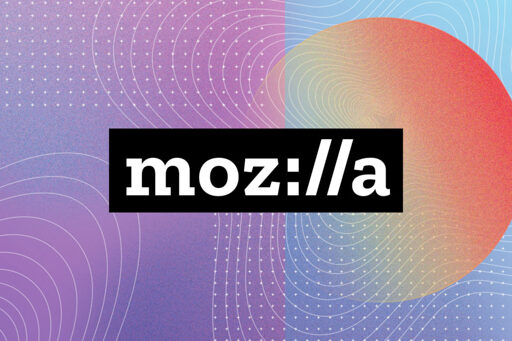- cross-posted to:
- [email protected]
- cross-posted to:
- [email protected]
cross-posted from: https://lemmy.zip/post/23894598
Despite its emphasis on protecting privacy, Mozilla is moving towards integrating ads, backed by new infrastructure from their acquisition of Anonym. They claim this will maintain a balance between user control and online ad economics, using privacy-preserving tech. However, this shift appears to contradict Mozilla’s earlier stance of protecting users from invasive advertising practices, and it signals a change in their priorities.
A bit disingenuous to call explaining what they’re doing as doubling down.
Also disingeneous to call it adding ads to firefox, because that’s also not what is happening. They’re trying to replace cookies with something better for our privacy, and them developing this feature will not impact any users who block ads or disable tracking cookies already.
I think they should go ahead and make the feature so that people who don’t care about ads at least don’t get tracked.
deleted by creator
Gotta pay the bills somehow, and I’m just happy they care about privacy.
I dislike ads as much as the next person, and find uBlock Origin necessary for browsing the web, but the cold fact is that the internet is run with advertising, whether you like it or not.
If that is done without creating a profile on me, and without crippling the reading/viewing experience, I can tolerate advertisement.
I assume this is also an action towards becoming independent from Google funding; which is a good thing.
Yet another Mozilla hit piece that seemingly-intentionally misrepresents the good they’re doing for users.It begs the question: who has the means and motivation to consistently pay “journalists” to malign the only browser that has the slightest chance of tearing any significant amount of users away from chromium-based browsers?
EDIT: Turns out the answer to my question above might, in fact, be OP! They wrote a patently false, inflammatory title that isn’t supported by the article (or reality) at all, and I fell for it like a sucker.
…did we read two different articles? The only link I see is to Mozilla’s own blog, explaining their choices in a relatively positive way. I’ve seen the effect you pointed out a lot, I just don’t see it here.
Nope; you read an article, and I just reacted to comments on Lemmy, assuming that those commenting had read the article.
If I’d simply opened the link, I’d’ve seen it was on mozilla.org and would’ve realized it was just that the OP made a shitty clickbait title, not another Mozilla hit piece.
Shame on you, OP! Also shame on me.





